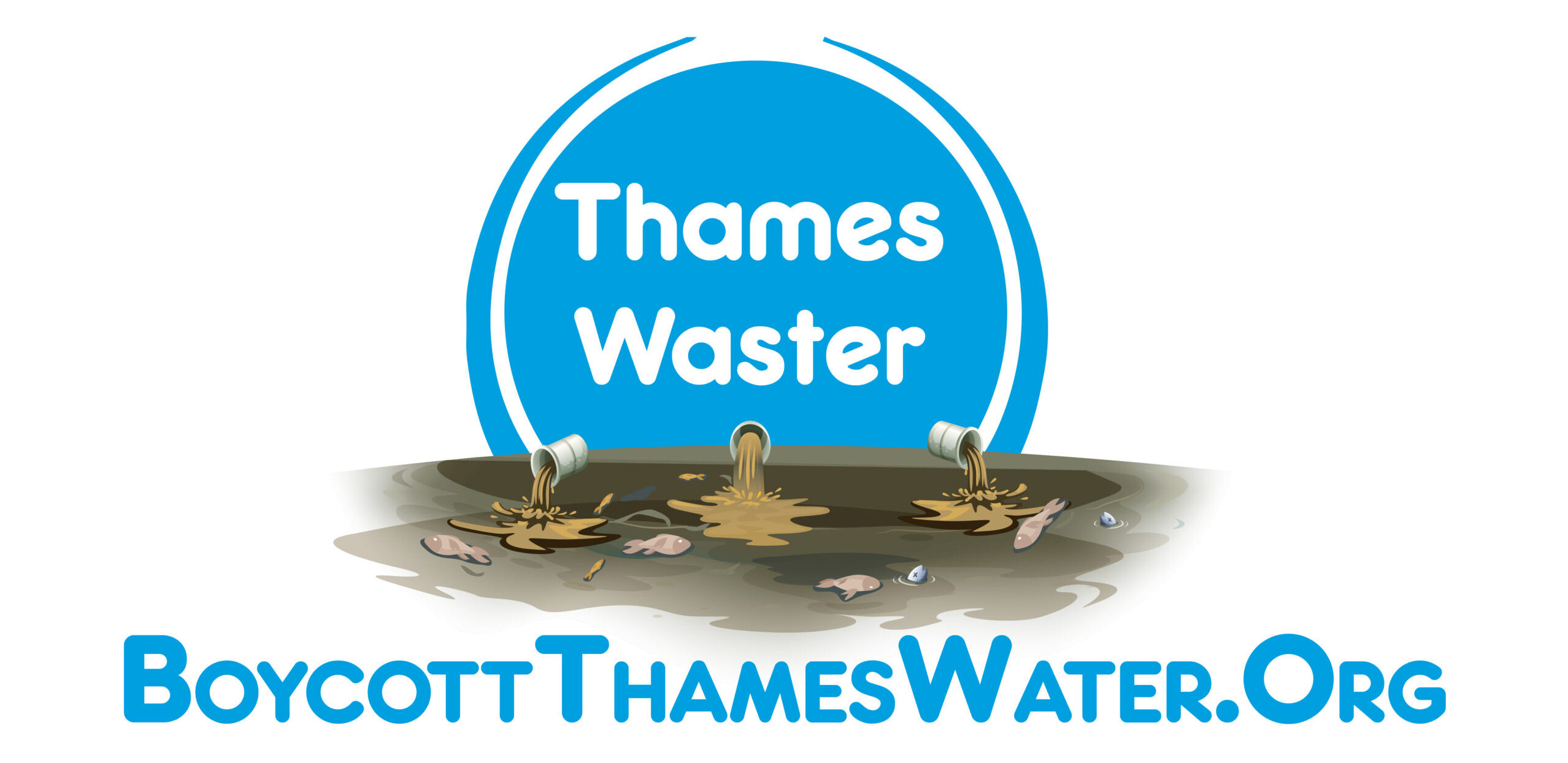Any customer considering non-payment should be aware of the personal financial risk involved.
The good news is that no water company can cut of the supply to a domestic consumer for non-payment. However:
- they can take action which impacts a non-payer’s credit rating. There is a risk they may do this without warning.
- They can instruct debt collectors. It is reasonable to expect to be warned of this.
The following may provide some reassurance and add to your resolve:
Maintain throughout that the bill remains disputed. This should go a long way to helping protect against the intervention of a debt collector.
- Make sure that your customer reference is clearly marked on correspondence and is linked with your ongoing dispute.
- Take some comfort from the experience of early boycotters whose complaints remain ongoing after many months, with no concrete evidence of an adverse credit score impact or warning of debt collectors being instructed.
- Be prepared to follow through the complaints process. After exhausting the water company process, escalate the complaint to the Consumer Council for Water, OFWAT, the Environment Agency, etc.
- Make sure that you keep TW informed that the dispute is ongoing and has not been resolved. To repeat, provided a bill remains in dispute TW should not take any sort of enforcement action.
- TW is subject to the Paying Fair Guidelines published by OFWAT. These are lengthy. While they appear to be largely designed for vulnerable customers, they are worth reading in depth and can be valuable in any ongoing dispute. E.g. Overriding principles include the following minimum service expectations expected of TW:
- “Use best practice when using credit reference agencies”“ Ensure information about customers is correct, up to date and is used.” I.e. failing to record that a dispute is ongoing would be in breach of this principle.
- Referring a customer to a debt collection agency without informing them first may be regarded as unlawful harassment.
- If you are contacted by a debt collector then engage with them straight away. Do not leave it and hope it will go away! Explain to the debt collector that the dispute is ongoing. They should then withdraw.
- s.40 Administration of Justice Act 1970 makes harassment of a debtor a criminal offence.
- There are a number of guides to what may or may not amount to harassment of a debtor and what to do about it. Eg see guidance from Citizens Advice Bureau.
- If you get cold feet, just pay the bill. There is no shame in this. At least you have added your voice to the chorus of indignation and added to the pressure on Thames Water. You can always just start again!
- It is strongly advisable to set aside the money that you are withholding. This is an obvious safeguard against the risk that you will at some point feel obliged to pay and find you don’t have the money to do so.
